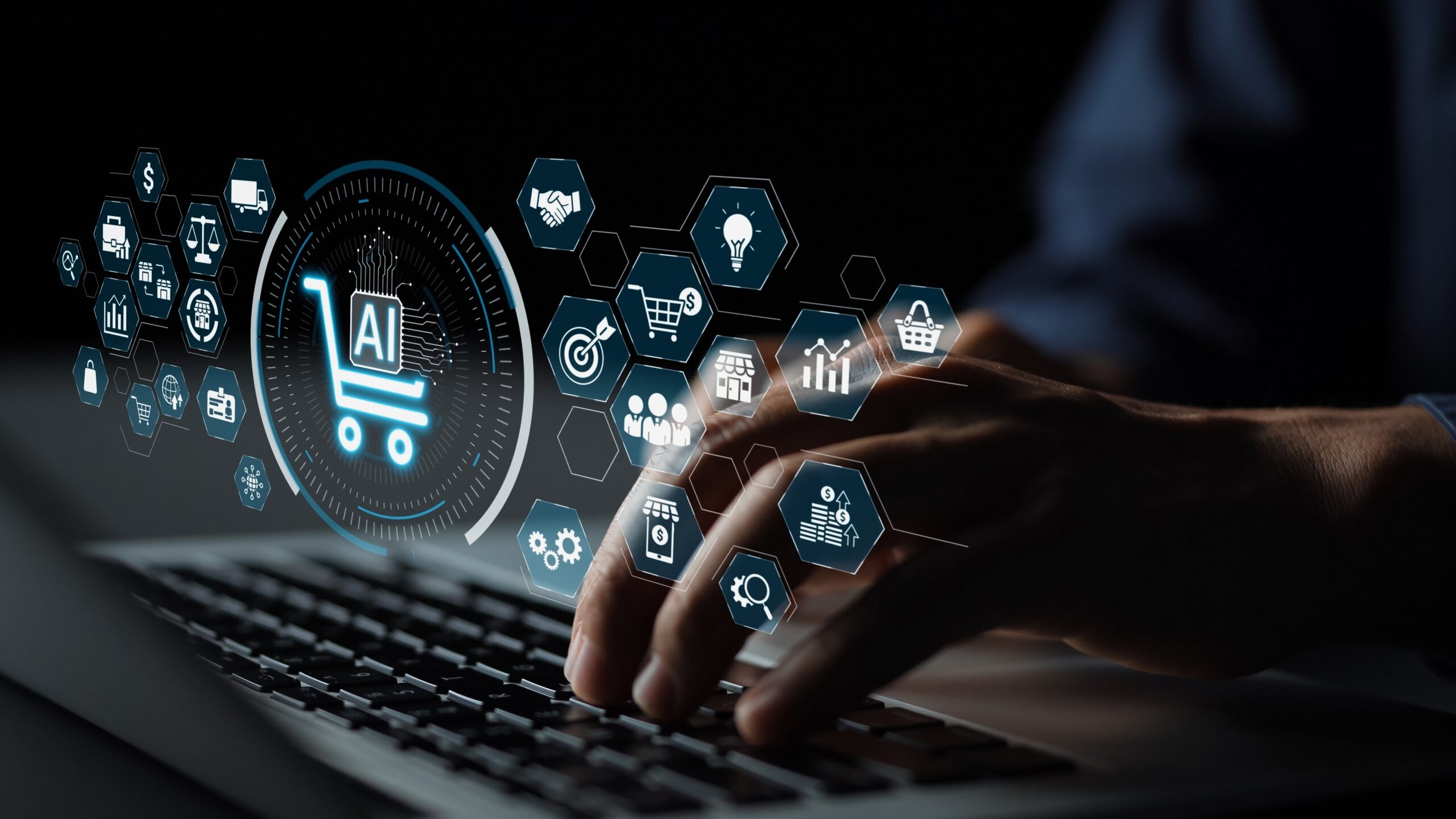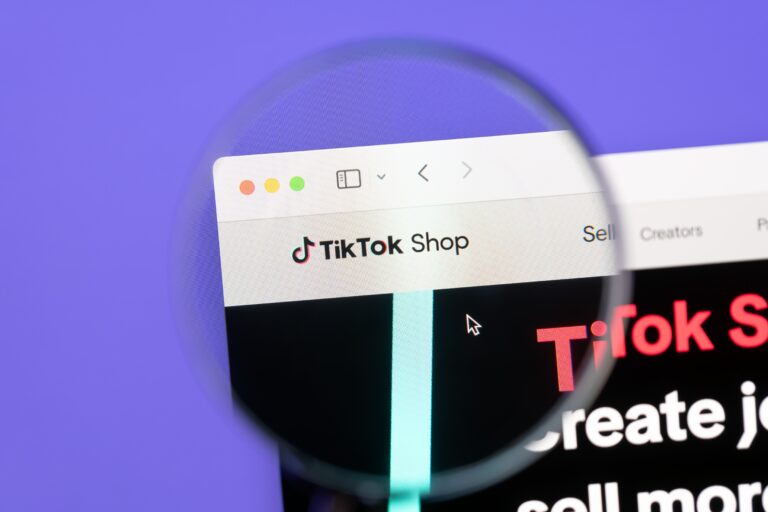Google I/O 2025, Google’s annual developer conference, was held on 21-22 May 2025 in Mountain View, California.
Focusing heavily on AI advancements, particularly around Gemini, the conference was a platform for major announcements about AI-powered features and services, and provided insights into AI-based search and its impact on SEO.
Rahul Sengupta, Head of SEO Product & Analytics at Pattern, summarises the key takeaways from the conference regarding the future of SEO and the impact these changes will have on the search landscape.
Google I/O 2025: 15 Key Takeaways for SEO
1. Search is No Longer Just About Query Retrieval
Google Search will become more than just links; it will become a system that directly answers complex questions and performs tasks. In short, changing your objective of SEO from just focusing on rankings to making sure your content is contextually understood and usable by AI.
2. AI Mode breaks down queries and attempts to answer them using Gemini
When content isn’t clear, well-structured, and easily quotable, AI will likely skip it, emphasising our need to produce digestible content for AI crawlers.
3. Experience, Expertise, Authoritativeness, Trustworthiness (EEAT) Grows in Importance Again
To be cited and trusted by AI models in features like AI Overviews, content must demonstrate exceptional Experience, Expertise, Authoritativeness, and Trustworthiness. If your content isn’t credible, detailed, or well-sourced, it may underperform.
4. The Potential Death of a Universal Search Engine Results Page
With the introduction of ‘Personal Context’ in AI Mode and Google potentially leveraging data points from Gmail, Drive, and Maps, the era of a universal SERP is fading. When crafting content, we must tailor it to the target audience and their personas and aim to slot into their search/discovery journeys.
5. Websites Need to Be Better Integrated with Relevant Platforms
With the introduction of Agentic Search, websites now need to do more than just write user-first content; they need to update their website foundations to be able to cater to AI interactions. This means ensuring robust structured data is in place to make it easier for AI to understand content. At the same time, AI should be able to interact with relevant integrations like appointment bookings and checkout journeys.
6. Multi-Modal Search is Expected to Become a Larger Focus
Google’s introduction of features like ‘Search Live’ and ‘Project Astra’ will make it easier for users to search using their camera and voice prompts. A dedicated strategy for optimising images, videos, and audio with descriptive metadata and transcripts is essential for AI systems to discover.
7. AI-Enhanced Ecommerce Demands Data Integrity
With the shift in how people shop online and the introduction of AI shopping recommendations and virtual try-ons, there should be a greater focus on ensuring product feeds are accurate and up-to-date, structured, and feature high-quality, optimised visuals that AI can interact with.
8. A Shift from Keywords to Topical Authority & Semantic Relevance
Previously, blogs were focused on a single topic or keyword. But with this modal shift, SEO must evolve from targeting specific keywords to building comprehensive content hubs that thoroughly address broad topics and underlying user intent. AI should be able to easily parse, summarise and cite the content.
9. Organic Search as a Channel will need to be Measured Differently
As we expect to see AI Overviews and direct responses surface more frequently on Google Search and Google Apps, we will likely see a reduction in organic CTR for many queries. It’s expected that metrics like visibility in AI and brand mentions within AI responses will become the norm.
10. With AI making it Easier to Code, Technical SEO will Grow in Importance
While technical SEO has always been a crucial pillar of SEO, the emergence of AI makes it a more significant ranking factor. AI interpretability will rely heavily on solid site architecture, structured data, API readiness and site speed.
11. Entity Optimisation is the Future
Google was built on a query retrieval system, and SEO has always focused on queries. However, with Google’s longer-term plan to move towards a search experience based on user context, behaviour and interests, an explicit query may no longer be the focus. Natural Language Processing (NLP) requires information to be viewed as entities and sub-entities under it.
12. The Era of Hyper-Personalisation
With AI tailoring results to each user, the concept of a single universal ranking is obsolete. Success now lies in creating diverse content that is a relevant source for many personalised user journeys.
13. ‘Zero-Click’ Searches Are Here to Grow
Features that provide direct answers will increase ‘zero-click’ searches. SEO must focus on moving from pure traffic acquisition to tracking brand mentions within AI answers and capturing the remaining high-intent clicks.
14. Optimising for AI Consumption
The primary goal is to become a citable source for AI. This requires clear, direct writing, well-structured content with distinct headings, and extensive schema markup to make information easy for AI to parse and reference. Don’t forget that if your pages are not indexable, they are unlikely to be seen by AI and will therefore never be recommended.
15. Redefining SEO Success Metrics
Finally, the measurement of SEO success must move beyond traditional rank tracking to include brand influence within AI features, share of voice in AI-generated answers, and the quality of conversions from lower but more qualified organic traffic.
Google Search Introduces New Search Features: How Will This Impact SEO and the Australian Market?
Google significantly shifted how we search by introducing AI Overviews last year at I/O. Building on the success of this update and increased usage numbers in key markets, they have continued to advance Search with AI integration, aiming to go beyond information to intelligence.
Here is a quick breakdown of each feature launched by Google and its impact on SEO and the Australian market.
Feature | Overview | Related Google Tech | Impact on SEO | Is It Relevant to Australia? |
AI Mode in Search | End-to-end AI search experience offering conversational, synthesised answers for complex queries | Gemini 2.5 (Pro, Flash) | Impacts conversational queries, long-tail keyword strategy, content depth, and potential for zero-click searches | Currently available in the US and English, and no longer restricted to Labs. Sign up. |
Deep Search | Advanced reasoning mode within AI Mode for in-depth research, generating detailed reports with citations | Gemini 2.5 (enhanced reasoning) | Requires highly authoritative, citable content; emphasises E-E-A-T | Already available in 150 countries (including Australia) and 45+ languages. Note: Currently, usage is restricted to Google Workspace users |
Personal Context in AI Mode | With consent, AI Mode personalises responses based on the user’s Google ecosystem data (Gmail, Drive, Maps). | Gemini 2.5, User Data Integration | Makes universal SERPs less relevant; necessitates persona-driven content and understanding of individualised results | Already available to global users if search personalisation is turned on in Google accounts. |
AI Overviews | Evolution of SGE: AI-generated summaries at the top of search results, now in 200+ countries | Gemini models | Affects CTR, requires content to be citable for inclusion, potential for reduced organic clicks. | Already a part of the Google ecosystem in 200+ countries. |
Agentic Search (Project Mariner / Agent Mode) | AI capabilities to perform multi-step tasks like booking, purchasing, and planning directly from search/app | Gemini 2.5, Model Context Protocol (MCP) | Requires businesses to be “AI-ready” with structured data and APIs for seamless interaction | Gradual integration. It depends on the adoption of local business APIs and Google’s partnerships. |
Search Live (via Project Astra) | Real-time, multimodal search allowing users to query using phone camera and voice about their surroundings | Project Astra, Gemini (multimodal capabilities) | Emphasises visual search optimisation, voice search, and rich metadata for non-text content | Google Lens users would be able to use this. Additional integration to Android devices, specifically the Pixel line of products. |
AI-Enhanced E-commerce | Features like “Shop with AI Mode,” virtual try-on using personal photos, and agentic checkout | Gemini, Shopping Graph, Visual AI models | Critical for e-commerce SEO: product data accuracy, high-quality visuals, structured data for the Shopping Graph | These shopping features are expected to integrate into the AI Mode in the U.S. in the upcoming months. Australian rollout will depend on AI Mode and the success of the US market. |
Gemini 2.5 Pro & Flash | Upgraded foundational models with enhanced reasoning, multimodality, and larger context windows | Gemini 2.5 architecture, Deep Think (experimental) | Underpins all new AI Search features; improved understanding of complex content and user intent | Already accessible to Australians |
Project Astra | Universal AI assistant capable of understanding and responding to the visual world in real-time | Gemini (multimodal, conversational AI) | Drives multimodal search, AR applications; content needs to be discoverable in visual/spatial contexts | Currently in a research prototype phase and not publicly available. |
In summary
Ultimately, Google I/O 2025 was not just an announcement of new features; it was the drawing of a new map for the digital world. The shift from a query-retrieval system to an AI-powered reasoning and action engine marks a definitive turning point for SEO. The strategies that have defined success for the past decade – built on keywords, rankings, and clicks – are being fundamentally superseded. The future of search optimisation lies not in chasing algorithm updates, but in becoming an unimpeachable source of truth and utility that Google’s AI will choose to cite, feature, and transact with.
The mandate for marketers, brands, and SEO professionals is clear: adapt or risk becoming invisible. The challenge now is to evolve from being optimisers of web pages to becoming architects of brand authority in a world where your most important audience might be AI.
Thrive in an AI-driven ecosystem with Pattern
The paradigm shift outlined by Google I/O 2025 is immense, but you don’t have to navigate it alone. The expert team at Pattern specialises in architecting future-proof SEO strategies that thrive in an AI-driven ecosystem.
If you’re ready to move beyond traditional tactics and secure your brand’s authority in the new age of search, contact us today to learn how to navigate this shift.



